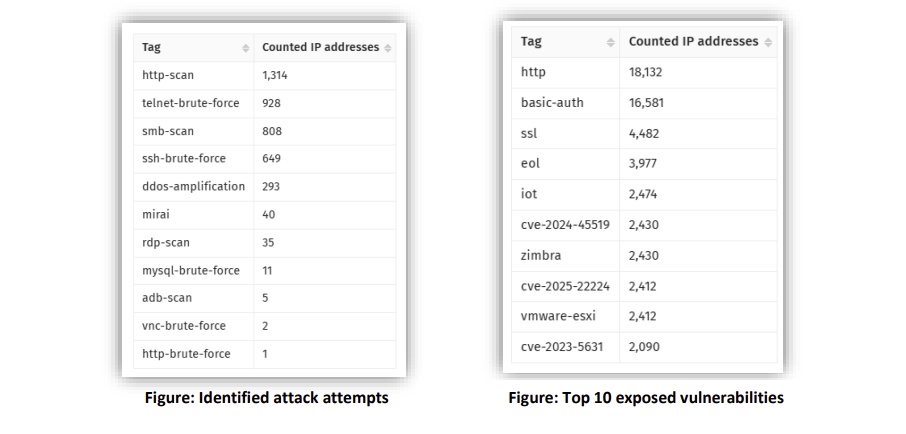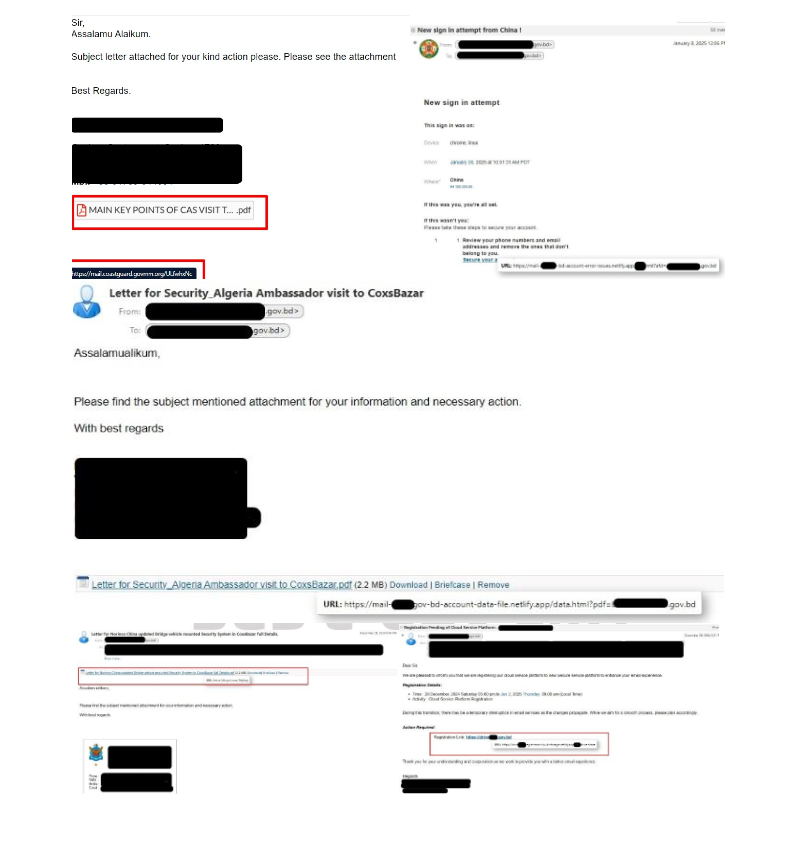Multiple Vulnerabilities in SonicWALL Sonic OS Could Allow for Arbitrary Code Execution
by CIRT Team
DESCRIPTION
Multiple vulnerabilities have been discovered in SonicWALL Sonic OS, the most severe of which could allow for arbitrary code execution. SonicWALL is a firewall and cybersecurity solution vendor. Successful exploitation of the most severe of these vulnerabilities could allow for buffer overflow within the context of the application. Attackers may exploit this issue to execute arbitrary code within the context of the affected application. Failed exploits may result in denial-of-service conditions.
IMPACT
• SonicWALL Sonic OS is prone to a stack-based buffer-overflow vulnerability because it fails to properly bounds-check user-supplied data before copying it into an insufficiently sized buffer. An attacker can exploit this issue by sending a specially-crafted ‘HTTP’ request containing a custom protocol handler to the affected device. [CVE-2020-5135]
• A heap-based buffer-overflow vulnerability that affects the firewall SSLVPN service. A remote unauthenticated attacker can exploit this issue to crash the Sonic OS denying service to the legitimate users. [CVE-2020-5138]
• A buffer-overflow vulnerability that affects the firewall SSLVPN service. A remote unauthenticated attacker can exploit this issue to crash the firewall denying service to the legitimate users. [CVE-2020-5137]
• Attackers may exploit this issue to execute arbitrary code within the context of the affected application. Failed exploits may result in denial-of-service conditions.
SYSTEM AFFECTED
• SonicOS 6.5.4.7-79n and earlier
• SonicOS 5.9.1.7-2n and earlier
• SonicOS 5.9.1.13-5n and earlier
• SonicOS 6.5.1.11-4n and earlier
• SonicOS 6.0.5.3-93o and earlier
• SonicOSv 6.5.4.4-44v-21-794 and earlier
• SonicOS 7.0.0.0-1
RECOMMENDATIONS
Following actions are recommended to be taken:
• SonicWALL Sonic OS is prone to a stack-based buffer-overflow vulnerability because it fails to properly bounds-check user-supplied data before copying it into an insufficiently sized buffer. An attacker can exploit this issue by sending a specially-crafted ‘HTTP’ request containing a custom protocol handler to the affected device. [CVE-2020-5135]
• A heap-based buffer-overflow vulnerability that affects the firewall SSLVPN service. A remote unauthenticated attacker can exploit this issue to crash the Sonic OS denying service to the legitimate users. [CVE-2020-5138]
• A buffer-overflow vulnerability that affects the firewall SSLVPN service. A remote unauthenticated attacker can exploit this issue to crash the firewall denying service to the legitimate users. [CVE-2020-5137]
• Attackers may exploit this issue to execute arbitrary code within the context of the affected application. Failed exploits may result in denial-of-service conditions.
REFERENCES
https://psirt.global.sonicwall.com/vuln-detail/SNWLID-2020-0012
https://psirt.global.sonicwall.com/vuln-detail/SNWLID-2020-0013
https://psirt.global.sonicwall.com/vuln-detail/SNWLID-2020-0010
https://cve.mitre.org/cgi-bin/cvename.cgi?name=CVE-2020-5138
https://cve.mitre.org/cgi-bin/cvename.cgi?name=CVE-2020-5137
https://cve.mitre.org/cgi-bin/cvename.cgi?name=CVE-2020-5135
https://www.cisecurity.org/advisory/multiple-vulnerabilities-in-sonicwall-sonic-os-could-allow-for-arbitrary-code-execution_2020-141/











